The western part of Nigeria
The western part of Nigeria is a region located in the southwestern part of the country. It comprises several states, including Lagos, Ogun, Oyo, Osun, Ondo, and Ekiti, as well as parts of Kwara and Kogi states. This region is known for its rich cultural heritage, historical landmarks, and economic significance.
Lagos is the most populous city in Nigeria and serves as the economic hub of the country. It is a major center for commerce, finance, and industry, with a bustling seaport and a significant contribution to Nigeria's GDP. Lagos is also home to various tourist attractions, including the National Museum, Tafawa Balewa Square, and Lekki Conservation Centre.
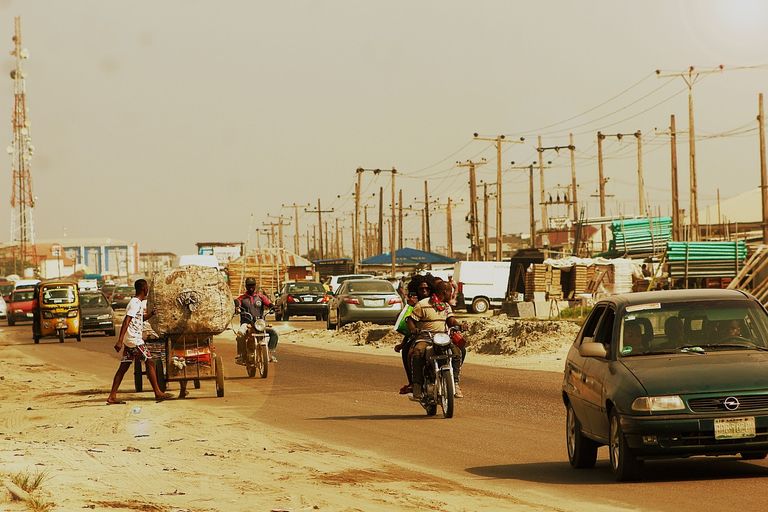
source
Ogun State, located just north of Lagos, is known for its industrial activities, particularly in the manufacturing sector. It is home to numerous factories and industries, and it houses the largest industrial estate in Nigeria, the Ogun-Guangdong Free Trade Zone. Abeokuta, the capital of Ogun State, is famous for its Olumo Rock, a popular tourist destination.
Oyo State is renowned for its historical significance and cultural heritage. The ancient city of Ibadan, the capital of Oyo State, is one of the largest cities in Africa and features landmarks like the University of Ibadan, Cocoa House (the first skyscraper in West Africa), and the Mapo Hall.
Osun State is known for its religious and cultural festivals, most notably the Osun-Osogbo festival, which attracts both local and international visitors. The state is also home to the Osun Sacred Grove, a UNESCO World Heritage Site.
Ondo State has a significant agricultural sector, with crops such as cocoa, palm oil, rubber, and timber contributing to its economy. The state has beautiful landscapes and tourist attractions like the Idanre Hills, Owo Museum of Antiquities, and the Sunshine Castle.
Ekiti State is known for its lush greenery and agricultural activities. It is often referred to as the "Fountain of Knowledge" due to its high literacy rate and the presence of several educational institutions. The state boasts natural attractions such as the Arinta Waterfalls and Ikogosi Warm Springs.
The western part of Nigeria is a vibrant region with a mix of economic, cultural, and historical significance. It offers diverse experiences for tourists and plays a vital role in Nigeria's overall development.
Growth in western part of Nigeria
The western part of Nigeria has experienced significant growth and development in various sectors over the years. Here are some key areas of growth in the region:
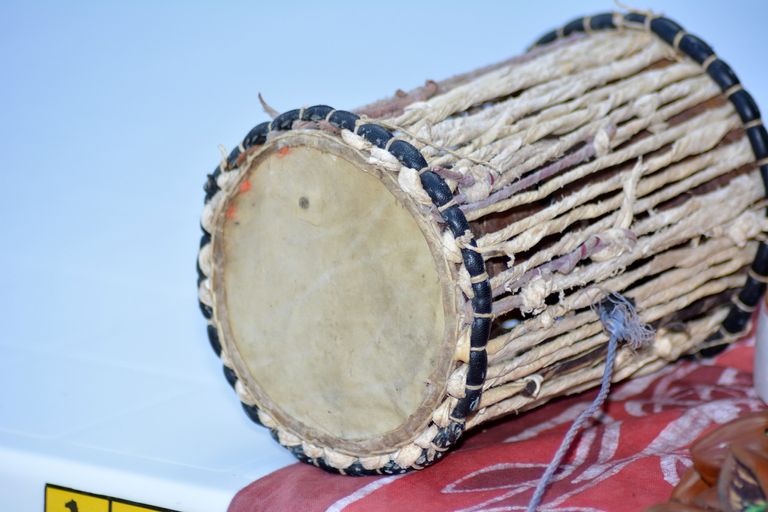
source
Economic Growth: The western part of Nigeria, particularly Lagos, has been the major economic center of the country. Lagos State has witnessed substantial growth in its Gross Domestic Product (GDP) and has attracted significant foreign direct investment. The state's economy is diverse, with sectors such as finance, real estate, manufacturing, telecommunications, and entertainment contributing to its growth.
Infrastructure Development: There has been considerable investment in infrastructure development in the western part of Nigeria. Lagos, in particular, has seen the construction of new roads, bridges, and modern transportation systems to ease traffic congestion and improve connectivity. The ongoing expansion of the Lagos-Ibadan expressway and the construction of the Lagos Rail Mass Transit are examples of such infrastructure projects.
Urbanization and Real Estate: The western region has experienced rapid urbanization, with cities like Lagos, Ibadan, and Abeokuta expanding rapidly. This growth has led to increased demand for housing and commercial real estate, resulting in the construction of new residential and commercial properties, shopping malls, and business districts.
Education and Innovation: The western part of Nigeria has a strong educational system and is home to prestigious universities and institutions. Lagos State, in particular, has witnessed the establishment of more tertiary institutions, research centers, and innovation hubs, fostering a culture of entrepreneurship and technological advancements.

sourceTourism and Hospitality: The western region has significant tourist attractions and has seen growth in the tourism and hospitality sector. Lagos State attracts tourists with its vibrant nightlife, cultural festivals, and historical sites, while Osun State's Osun-Osogbo festival and Ondo State's natural attractions draw visitors. The growth in tourism has led to the development of hotels, resorts, and other related infrastructure.
Agriculture and Agribusiness: The western part of Nigeria has fertile land for agriculture, and the region has experienced growth in agribusiness and agricultural productivity. States like Ogun and Oyo are known for their agricultural activities, with crops such as cocoa, cassava, maize, and palm oil contributing to the economy. The government has also implemented initiatives to promote agribusiness and attract investment in the sector.
The western part of Nigeria has witnessed notable growth in various sectors, contributing to the region's economic development and enhancing the quality of life for its residents. The region continues to attract investments, promote innovation, and leverage its resources for sustainable growth.
The major language there
The major language spoken in the western part of Nigeria is Yoruba. Yoruba is one of the largest ethnic groups in Nigeria, and the Yoruba people predominantly reside in the southwestern states of the country, including Lagos, Ogun, Oyo, Osun, Ondo, and Ekiti.
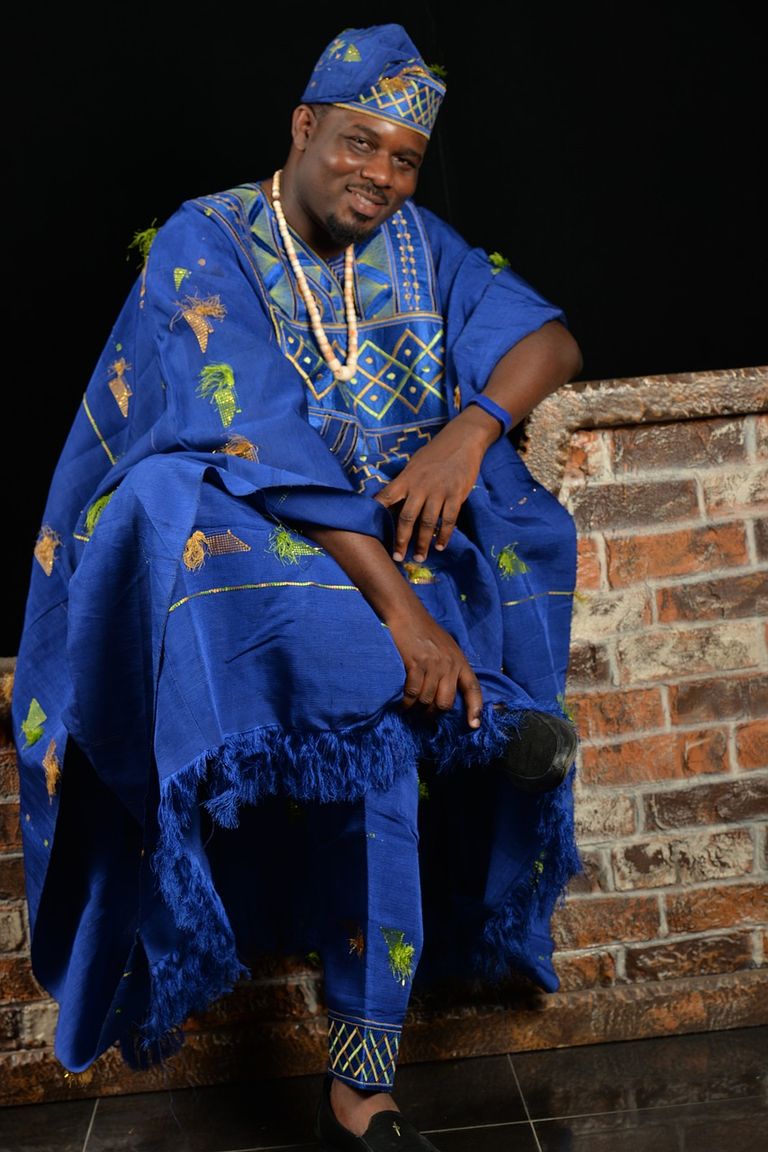
source
Yoruba is also one of Nigeria's four main languages, along with Hausa, Igbo, and English (the official language). It is estimated that over 20 million people speak Yoruba as their first language in Nigeria, and it is widely spoken as a second language by many others.
Yoruba is an important part of the cultural identity of the region. It has a rich history and is known for its distinct dialects, proverbs, and oral traditions. The Yoruba language has influenced literature, music, theater, and other forms of artistic expression in Nigeria and beyond.
While Yoruba is the dominant language in the western part of Nigeria, it is worth noting that English is widely spoken and serves as the primary language for official and business purposes. Many Nigerians are bilingual or multilingual, speaking their native language alongside English to facilitate communication in various contexts.
The entertainment life there
The entertainment life in the western part of Nigeria, particularly in Lagos, is vibrant and diverse. Lagos is often referred to as the entertainment capital of Nigeria and has a thriving entertainment industry that encompasses various forms of entertainment, including music, film, theater, fashion, and nightlife.
Music: The western region, especially Lagos, has played a significant role in shaping Nigeria's music industry. It is home to a vibrant music scene, with genres such as Afrobeat, Afro-pop, Highlife, Juju, and Fuji gaining popularity. Lagos has produced globally recognized music stars like Fela Kuti, Wizkid, Davido, Burna Boy, Tiwa Savage, and many others. The region is known for its music festivals, concerts, and lively music venues where both local and international artists perform.
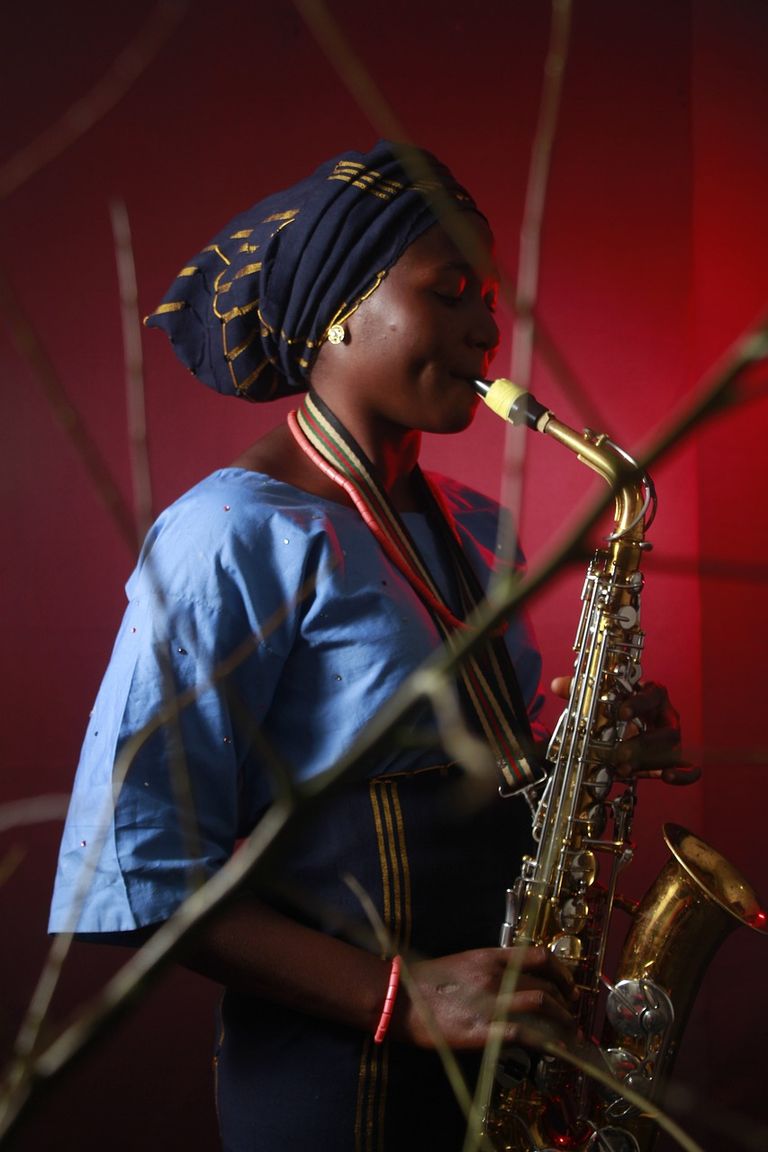
sourceFilm: Nollywood, the Nigerian film industry, is centered in Lagos and has gained international recognition. The western region has a significant presence in Nollywood, with many filmmakers, actors, and production houses based in Lagos. Nollywood produces a large number of movies each year, covering a wide range of genres and themes. Film premieres, red carpet events, and film festivals like the Africa International Film Festival (AFRIFF) showcase the vibrant film culture in the region.
Theater: Lagos has a thriving theater scene with numerous theaters and performance spaces. The National Arts Theatre in Lagos is a major cultural hub that hosts various theatrical productions, including plays, musicals, and dance performances. Local theater groups and renowned playwrights contribute to the rich theatrical tradition of the region.
Fashion: The western region, particularly Lagos, is known for its vibrant fashion industry. Lagos Fashion Week, held annually, showcases the works of local designers and provides a platform for emerging talents. Fashion shows, exhibitions, and fashion-related events attract fashion enthusiasts, industry professionals, and celebrities.
Nightlife: Lagos has a buzzing nightlife scene, with numerous bars, clubs, lounges, and restaurants offering entertainment options for residents and visitors. Popular nightlife areas like Victoria Island, Ikoyi, and Lekki are known for their vibrant atmosphere, live music performances, DJ sets, and social gatherings.
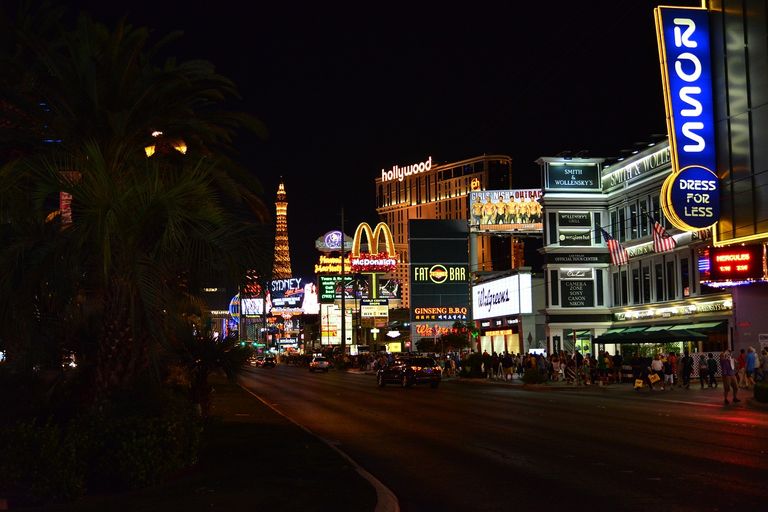
source
Additionally, the western region hosts various cultural festivals, art exhibitions, and cultural events throughout the year, celebrating the diverse cultural heritage of the Yoruba people and promoting arts and culture in the region.
The entertainment life in the western part of Nigeria, particularly in Lagos, is dynamic, diverse, and reflects the creativity and cultural richness of the region. It offers a range of entertainment options for people to enjoy and contributes to the vibrant cultural landscape of Nigeria.
Nigeria's most busiest city
The busiest city in Nigeria is Lagos. Lagos is not only the most populous city in Nigeria but also the largest city in Africa in terms of population. It serves as the economic, commercial, and financial hub of the country. Lagos is a bustling metropolis with a vibrant atmosphere and a wide range of economic activities.
As the commercial center of Nigeria, Lagos attracts businesses, investors, and entrepreneurs from various industries. It is home to the headquarters of many national and international companies, banks, and financial institutions. The city's seaports, including Apapa and Tin Can Island ports, handle a significant portion of Nigeria's imports and exports.

source
Lagos is known for its bustling markets, such as Balogun Market, Computer Village, and Alaba International Market, where commercial activities thrive. The city is also a major transportation hub, with its airports, seaports, and a network of roads connecting it to other parts of Nigeria and the world.
The city's busy nature extends to its vibrant street life, traffic congestion, and a fast-paced lifestyle. Lagos offers a wide range of entertainment options, including music concerts, theater performances, art exhibitions, and a thriving nightlife scene.
Given its economic significance, population density, and the numerous activities taking place within its borders, Lagos is widely regarded as the busiest city in Nigeria.
Life in Lagos Nigeria
Life in Lagos, Nigeria, is characterized by a dynamic and bustling urban environment with a mix of opportunities, challenges, and vibrant cultural experiences. Here are some key aspects of life in Lagos:
Economic Opportunities: Lagos is the economic hub of Nigeria, offering a wide range of job opportunities and entrepreneurial prospects. The city attracts people from different parts of Nigeria and beyond who come in search of employment, business ventures, and economic advancement. The presence of major industries, financial institutions, and commercial centers contributes to the city's economic vibrancy.
Population and Diversity: Lagos is the most populous city in Nigeria, with a diverse population that includes people from different ethnic backgrounds, cultures, and religions. The city's multicultural nature adds to its vibrant atmosphere, with residents enjoying a rich blend of languages, traditions, and cuisines.
Infrastructure and Urban Development: Lagos has witnessed significant infrastructure development and urbanization in recent years. This includes the construction of new roads, bridges, and transportation systems to address the city's traffic challenges and improve connectivity. There has also been an expansion of public services, including healthcare facilities, schools, and utilities, to cater to the growing population.
Housing and Cost of Living: Lagos has a high demand for housing, resulting in a variety of residential options ranging from luxury apartments to informal settlements. The cost of living in Lagos can be relatively high compared to other parts of Nigeria, particularly in upscale neighborhoods and areas with easy access to commercial centers.

sourceTraffic and Transportation: Lagos is known for its traffic congestion, especially during peak hours. The city has a complex transportation system that includes buses, taxis, motorcycles (known as Okadas), and ride-sharing services. Recently, efforts have been made to improve public transportation, such as the construction of the Lagos Rail Mass Transit and Bus Rapid Transit (BRT) systems.
Cultural and Entertainment Scene: Lagos has a vibrant cultural and entertainment scene. The city is known for its music industry, with a thriving music scene and a rich history of producing globally recognized musicians. The Nollywood film industry, fashion events, art exhibitions, and cultural festivals contribute to the city's diverse entertainment offerings.
Challenges: Lagos faces some challenges, including traffic congestion, inadequate infrastructure in some areas, and a large informal sector. The city also grapples with issues like waste management and security concerns. However, ongoing efforts by the government and various stakeholders aim to address these challenges and improve the overall quality of life.
Life in Lagos can vary significantly depending on factors such as socioeconomic status, neighborhood, and personal circumstances. While some residents enjoy the opportunities and amenities the city offers, others face daily struggles.
Foods in Lagos state
Lagos State, being a melting pot of diverse cultures and ethnicities, offers a wide variety of delicious and flavorful foods. Here are some popular foods you can find in Lagos:
Jollof Rice: Jollof rice is a flavorful and widely loved dish in Lagos and across Nigeria. It is a one-pot rice dish cooked in a tomato-based sauce with spices, onions, and various proteins such as chicken, beef, or fish. Jollof rice is often served with fried plantains, coleslaw, or a side of grilled chicken.
Eba and Egusi Soup: Eba is a staple food in Lagos and is made from cassava flour. It is usually served with Egusi soup, a rich and thick soup made from ground melon seeds and various vegetables. Egusi soup is often prepared with meat or fish and seasoned with spices and palm oil.
Suya: Suya is a popular street food in Lagos. It consists of skewered and grilled meat, typically beef or chicken, marinated with a blend of spices such as peanut powder, chili powder, and onion powder. Suya is usually served with sliced onions, tomatoes, and spicy pepper sauce.
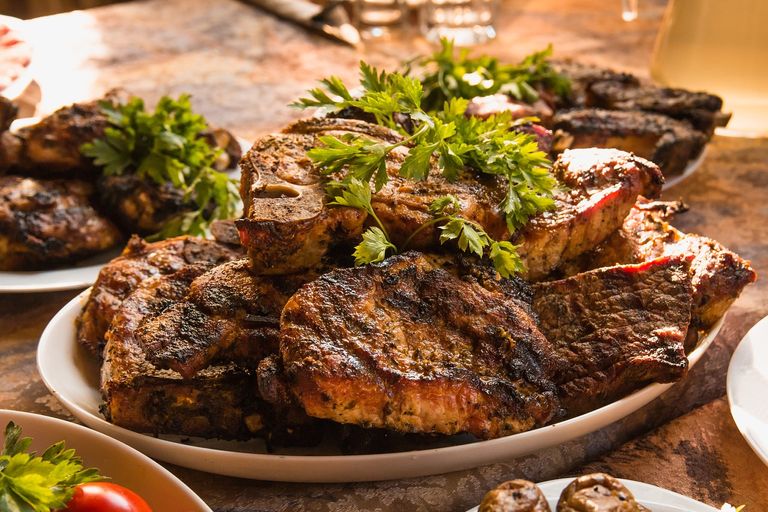
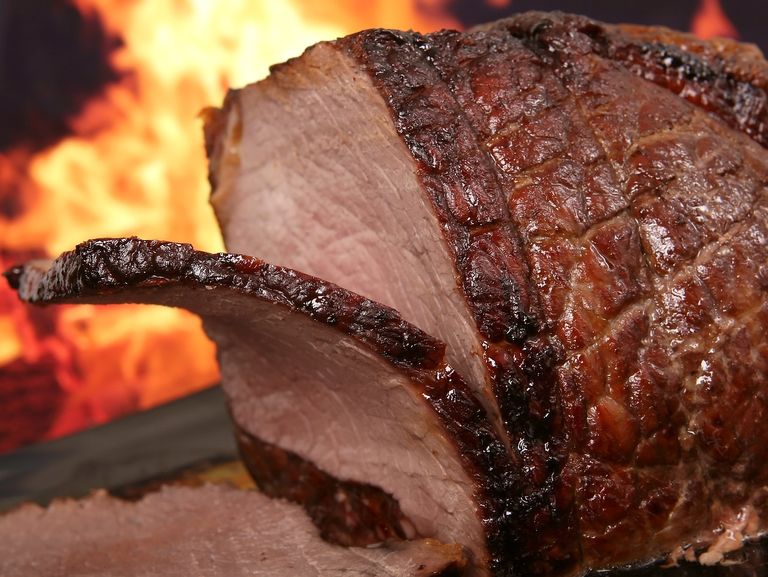
sourceAmala and Ewedu Soup: Amala is a Nigerian dish made from yam flour or cassava flour. It has a thick and smooth consistency and is often eaten with Ewedu soup, a soup made from jute leaves. The soup is typically served with assorted meat or fish, and it is common to pair it with a stew or gbegiri (bean soup).
Pounded Yam and Egusi Soup: Pounded yam is a popular traditional dish in Lagos. It is made by boiling yam and then pounding it until it becomes smooth and stretchy. Pounded yam is usually served with Egusi soup or other types of soups like vegetable soup or bitter leaf soup.
Pepper Soup: Pepper soup is a spicy and flavorful broth often made with different types of meat, such as goat meat, beef, or fish. It is seasoned with a blend of spices, including chili peppers, onions, garlic, and aromatic herbs. Pepper soup is believed to have medicinal properties and is commonly enjoyed as a starter or main course.
Akara and Pap: Akara, also known as bean cakes, are deep-fried bean fritters made from black-eyed peas. They are a popular breakfast or snack option in Lagos and are typically served with pap (a thick cornmeal porridge) or bread.
Seafood Delicacies: Being a coastal city, Lagos offers an abundance of fresh seafood options. From grilled fish, prawns, and lobster to seafood soups like seafood okra or pepper soup, seafood lovers have plenty of choices to satisfy their cravings.
These are just a few examples of the delicious foods you can find in Lagos State. The city offers a wide range of culinary experiences, from traditional Nigerian dishes to international cuisine, reflecting its multicultural and diverse population.
Opportunities in Lagos
Lagos, as Nigeria's economic and commercial hub, presents numerous opportunities across various sectors. Here are some key areas of opportunity in Lagos:
Entrepreneurship and Startups: Lagos has a vibrant entrepreneurial ecosystem, offering opportunities for individuals to start their own businesses or join startups. The city provides access to a large consumer market, a network of investors, and a supportive ecosystem with co-working spaces, incubators, and accelerator programs.
Finance and Banking: With the presence of major banks and financial institutions, Lagos offers opportunities for careers in finance, banking, investment, and fintech. The city serves as a hub for financial services and provides opportunities for professionals in banking operations, risk management, financial analysis, and financial technology innovation.

sourceTechnology and Innovation: Lagos has a growing tech ecosystem and is known for its tech startups and digital innovation. The city offers opportunities for software developers, data analysts, digital marketers, and professionals in areas such as artificial intelligence, blockchain, e-commerce, and mobile app development.
Real Estate and Construction: Lagos experiences rapid urbanization and population growth, leading to a high demand for housing, infrastructure, and construction projects. Opportunities exist in real estate development, property management, architecture, civil engineering, and construction-related services.
Creative Industries: Lagos has a thriving creative industry, encompassing music, film, fashion, art, and entertainment. Opportunities exist for musicians, actors, filmmakers, fashion designers, artists, photographers, and professionals in media and entertainment management.
Professional Services: Lagos offers opportunities in professional services such as legal, accounting, consulting, and human resources. Many multinational companies and professional firms have their headquarters or major offices in Lagos, creating demand for professionals in various fields.
Tourism and Hospitality: Lagos has a growing tourism sector, attracting both domestic and international visitors. Opportunities exist in hospitality management, tour operations, event planning, culinary services, and leisure and recreation businesses.
Retail and E-commerce: The retail sector in Lagos is thriving, with opportunities in both traditional brick-and-mortar retail and e-commerce. The growth of online shopping platforms and delivery services has created openings in logistics, supply chain management, digital marketing, and customer service.
While Lagos offers abundant opportunities, competition can be intense, and navigating the business environment can be challenging. However, with proper planning, networking, skills development, and market research, individuals and businesses can tap into the vast potential and opportunities that Lagos has to offer.
Lagos, Nigeria's economic and commercial hub, presents a dynamic and diverse environment with a multitude of opportunities. From entrepreneurship and startups to finance, technology, real estate, creative industries, professional services, tourism, and retail, there are various sectors where individuals can explore and pursue their ambitions.
Lagos offers a vibrant ecosystem for businesses, providing access to a large consumer market, a network of investors, and supportive resources such as co-working spaces, incubators, and accelerator programs. The city's entrepreneurial spirit and innovative mindset have contributed to the growth of the tech industry, making it a hub for digital innovation and technology startups.
With rapid urbanization and population growth, Lagos has a high demand for housing, infrastructure, and construction projects, creating opportunities in the real estate and construction sectors. The creative industries, including music, film, fashion, art, and entertainment, thrive in Lagos, offering avenues for individuals to showcase their talent and pursue careers in these fields.
Lagos also provides opportunities in professional services such as legal, accounting, consulting, and human resources, as many multinational companies and professional firms have a significant presence in the city. The tourism and hospitality sector is growing, attracting both domestic and international visitors and creating opportunities in various hospitality-related businesses.
However, while Lagos offers numerous opportunities, it is important to note that the competitive nature of the city requires determination, perseverance, and adaptability. Navigating the business environment may come with challenges, but with proper planning, skills development, and market research, individuals and businesses can tap into the vast potential that Lagos offers.

source
Conclusion
Lagos is a city brimming with possibilities, cultural diversity, and a vibrant lifestyle. It continues to play a pivotal role in Nigeria's economic growth and offers a platform for individuals to pursue their dreams, contribute to the local economy, and experience a unique and dynamic way of life.